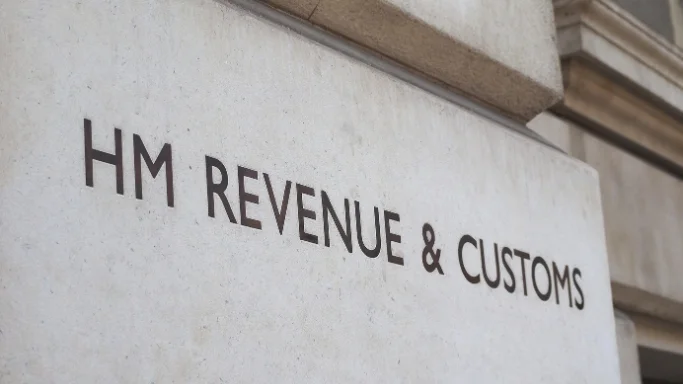
Relevant Legislation and Regulations for Making Tax Digital (MTD)
Understanding the intricate framework of MTD and its respective VAT and income tax implications is essential for businesses and landlords in the UK. This comprehensive guide will walk you through key elements of this system, including the draught legislation, regulatory requirements, and how to comply with Making Tax Digital (MTD).
What is Making Tax Digital (MTD)?
Making Tax Digital (MTD) is a revolutionary initiative by HMRC to digitise the UK tax system. By making tax digital, HMRC aims to provide a more efficient, effective, and straightforward system for individuals and businesses to keep their records digitally and update HMRC quarterly.
Why is MTD for VAT Essential?
Since April 2019, VAT-registered businesses with a taxable turnover above the VAT threshold must follow MTD for VAT rules. These rules require businesses to keep digital records and use compatible software to submit their VAT returns. As the MTD VAT system continues to evolve, it’s essential to understand the implications of the regulations for 2021.
How do I comply with MTD for Income Tax?
From April 2023, MTD for Income Tax Self-Assessment (MTD ITSA) will become mandatory for self-employed individuals and landlords with business income exceeding £10,000 per annum. Compliance requires using MTD-compatible software to keep digital records and submit quarterly updates to HMRC.
Understanding the Primary Legislation and Secondary Legislation of MTD
The primary legislation outlining the general rules of MTD was introduced in the Finance (No. 2) Act 2017. In contrast, the secondary legislation, The Value Added Tax (Amendment) Regulations 2018, provides more detail, including the requirements for businesses to keep digital records and create VAT returns using software.
What are the MTD for VAT and the MTD for ITSA Rules?
The MTD for VAT rules require businesses with a taxable turnover above the VAT threshold to keep digital records and use software to submit VAT returns. For MTD ITSA, self-employed individuals and landlords with annual business income over £10,000 will need to follow similar rules from April 2024.
How can small businesses Comply with Making Tax Digital?
Small businesses can comply with Making Tax Digital by choosing MTD-compatible software that meets their needs. They need to keep digital records of their income and expenses and send updates to HMRC every quarter. For MTD for VAT, businesses must also ensure they’re ready to submit returns digitally.
Key Takeaways:
- MTD is an initiative by HMRC to digitise tax in the UK.
- MTD for VAT applies to businesses with a taxable turnover above the VAT threshold.
- MTD for ITSA will become mandatory for self-employed individuals and landlords with an income above £10,000 in April 2024.
- The primary and secondary legislation outlines the requirements of MTD.
- Small businesses can comply with MTD by keeping digital records and using MTD-compatible software to submit updates and returns.
- Compliance with MTD is crucial to avoid penalties and remain up-to-date with tax obligations.


Request a call back
Let us know when you would like us to call you back by filling in this form:
Our 5 Star Reviews



Latest News

Making Tax Digital 2023: MPs Criticise Delays and Complexity
Explore the challenges and impacts of the UK’s Making Tax Digital initiative, including delays and the cost burden on taxpayers.

Making Tax Digital: Small Business Review
Making Tax Digital Small Business Review 2023: Understanding the Basics and Preparing for Change Introduction to Making Tax Digital (MTD) Since 1948, Jack Ross Chartered

Making Tax Digital: The Rising Costs and Challenges
Making Tax Digital: The Rising Costs and Challenges Introduction Making Tax Digital (MTD), the ambitious initiative by HM Revenue & Customs (HMRC) to digitise the
